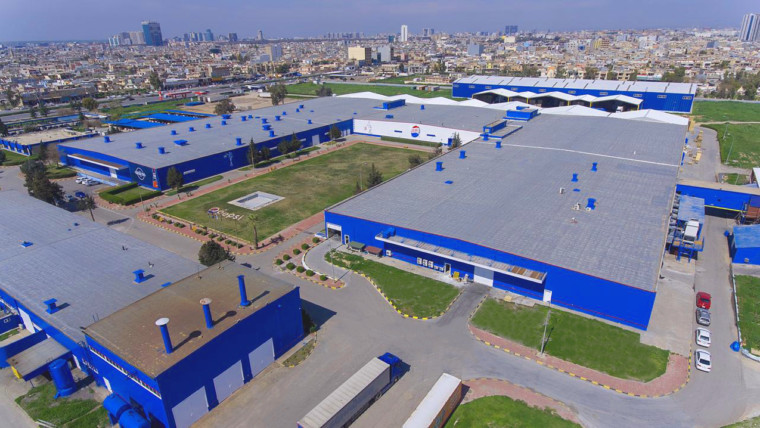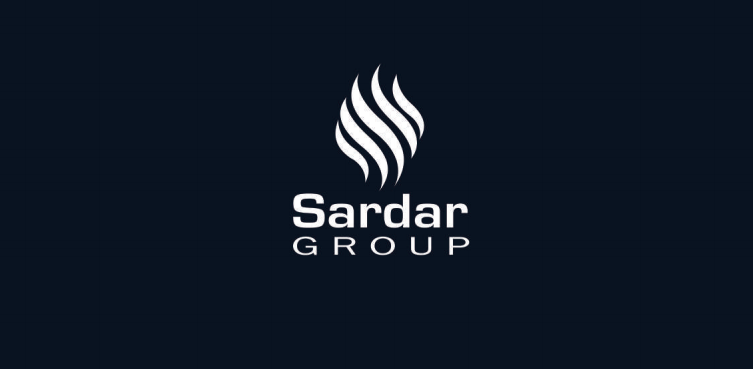By Deloitte Iraq —
As a semi-autonomous Region, the Kurdistan Region of Iraq (KRI) has introduced certain tax laws and practices that diverge from the position in Federal Iraq. This article discusses corporate income tax; including issues such as compliance, income tax rate, and loss carry forwards.
Transfer pricing, capital gains, withholding tax, employment tax, social security contributions, VAT/sales tax and import, export and customs duties are also discussed.
1. Corporate tax
1.1 Compliance
- Entities are required to register with the Income Tax Directorate (ITD) in the KRI for corporate income taxes.
- The Income Tax Directorate (ITD) typically requires Kurdistan entities to complete the tax registration by way of their first corporate tax filing.
- Registered companies and branches of foreign entities are required to make annual corporate tax filings with the ITD, and make payment of corporation tax, by 30th of June following year-end (Note: the statutory filing deadline is 31 May, but a 1 month extension is in practice applied by the tax authority to all businesses).
- The penalty for late filing is currently 10% of the tax due, capped at IQD 75,000 per year.
1.2 Corporate income tax rate
- The current corporate income tax rate for all industries is a flat rate of 15%.
- According to the tax law, if supporting books and records are maintained, corporate income tax should be calculated based on the net accounting profits per audited financial statements.
- In the absence of audited financial statements and supporting documentation, it is not uncommon for the ITD to assess corporate income taxes based on pre-determined industry sector deemed profit schedules.
Registered companies and branches of foreign entities are required to make annual corporate tax filings with the Income tax directorate (ITD), and make payment of corporation tax, by 30th of June following year-end (note: the statutory filing deadline is 31 may, but a 1 month extension is in practice applied by the tax authority to all businesses).
1.3 Loss carry forwards
Kurdistan Income Tax Law No. 26 of 2007 and its subsequent amendment Law No. 20 of 2011 are both silent about loss carry forwards, but in accordance with Iraqi Income Tax Law No. 113 of 1982 as amended in 2003:
- Losses incurred during the year may be carried forward for a maximum of five consecutive years, to be offset against profits generated from the same source as the original loss.
- Up to 50% of the taxable income in a year may be sheltered by brought forward tax losses.
- To the extent that an entity is loss making, the tax authority may seek to assess the entity on a deemed profits basis, which would effectively disregard any losses incurred in the current year and deny the entity of tax relief for carried forward losses in future periods.
2. Transfer pricing
- There are no formal transfer pricing rules in the KRI.
- The tax authority, however, reserves the right to adjust transactions, for tax purposes, which they consider not to be at arm’s length.
Employees working in the Kurdistan Region of Iraq are subject to personal income tax at a rate of 5% on their income in excess of IQD 1 million per month.
3. Capital Gains
- There is no separate capital gains tax regime in the KRI.
- Gains and losses realized by a KRI entity on disposal of non-current assets is classified as ordinary income and is subject to corporate income tax at the applicable corporate income tax rate.
- The tax law does not specifically provide for a tax on gains realized by a non-resident. However, there are provisions included within the tax law which the tax authority could use to seek to assess tax on a gain realized from the disposal by a non-resident of Kurdistan assets.
4. Withholding Tax
- In practice, there is no withholding tax on dividends.
- A tax of 15% should apply to payments of interest to non-residents but this is not always consistently applied.
- The KRI does not currently impose withholding taxes on service payments.
The current income tax rate for all industries is a flat 15% calculated based on the net accounting profits per audited financial statements; however, it is not uncommon for the ITD to assess corporate income taxes based on pre-determined industry sector deemed profit schedules.
5. Employment Tax
- Entities registered in the KRI must register with the ITD for employment taxes with respect to their employees working in the KRI.
- Employment tax filings are due annually by 30th of June following year-end.
- Employees working in the KRI are subject to personal income tax at a rate of 5% on their income in excess of IQD 1,000,000 per month.
- Social security contributions withheld from the employee are deductible when calculating taxable income.
- Both foreign and local Iraqi national employees are assessed tax on the same basis.
6. Social Security Contributions
- All employers operating in the KRI are required to remit Social Security and Pensions Contributions (SSPC) for their employees in the KRI.
- There are two components to the SSPC: Employees are required to contribute 5% of their monthly salary. The employer deducts at source this amount from the employee’s salary.
- Employers are required to pay 12% of the salary in respect of their employees working in the KRI.
- Exemptions are available to foreign nationals working in the KRI if covered in their home country and proof of coverage is documented with the social security office.
- Such proof must be authenticated by the Iraqi embassy in the country where the foreign employee resides.
7. VAT/Sales tax
There is currently no VAT or sales tax levied on goods or services in the KRI.
8. Import, export and custom duties
- Under Iraq domestic legislation, customs duty on goods brought into Iraq is generally 5% of the CIF value of the goods imported.
- Customs duty exemptions may be available for goods and equipment imported in connection with upstream oil and gas activity, or goods imported on a temporary basis.







